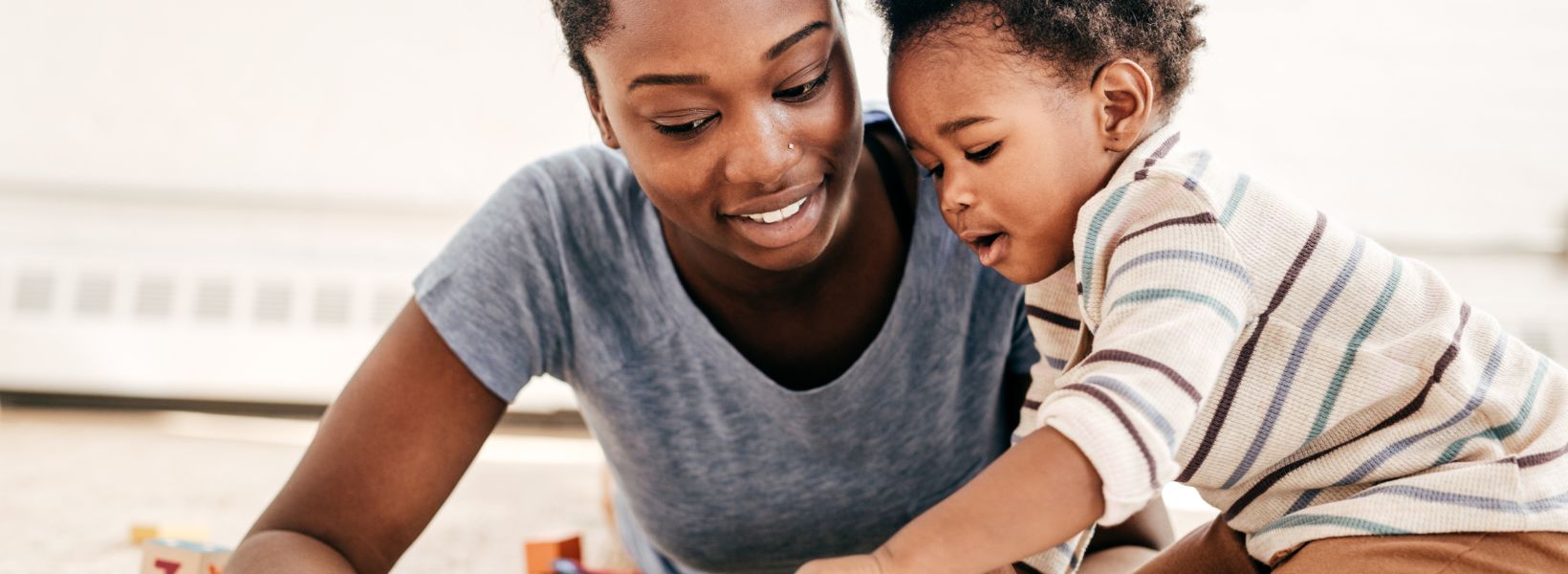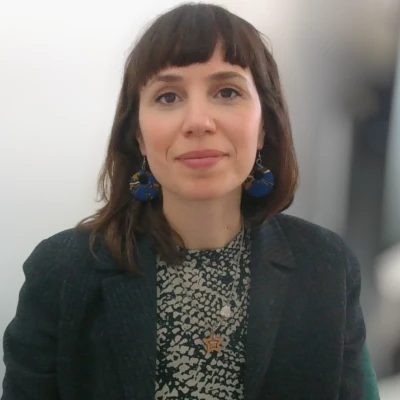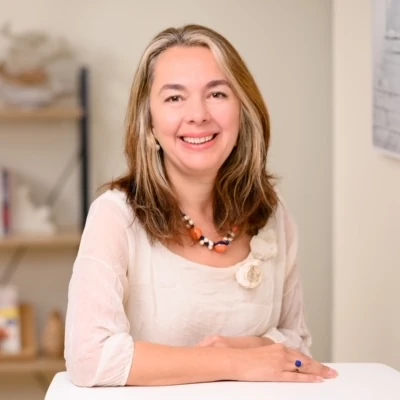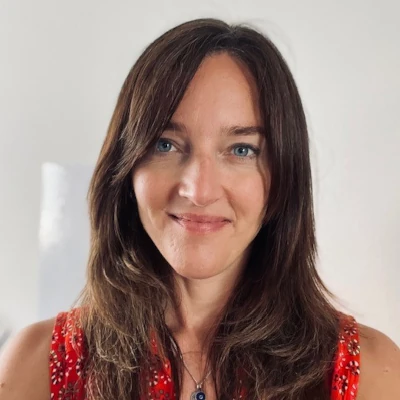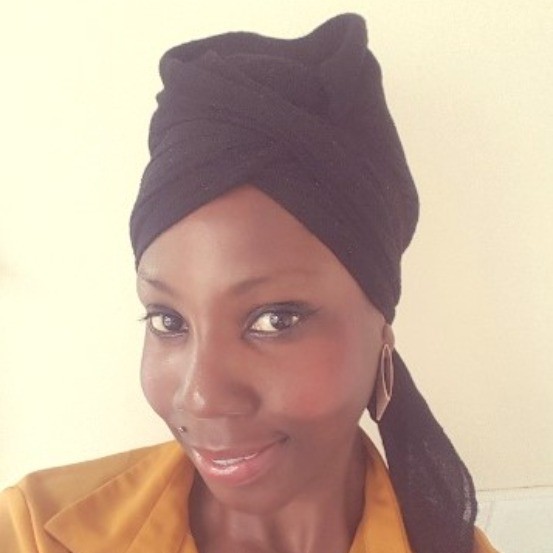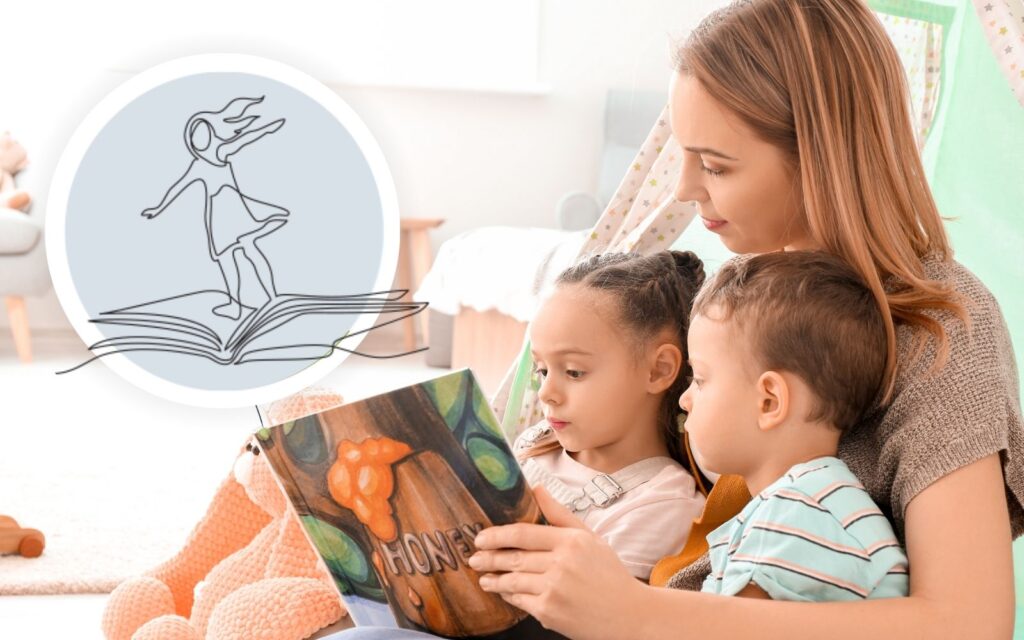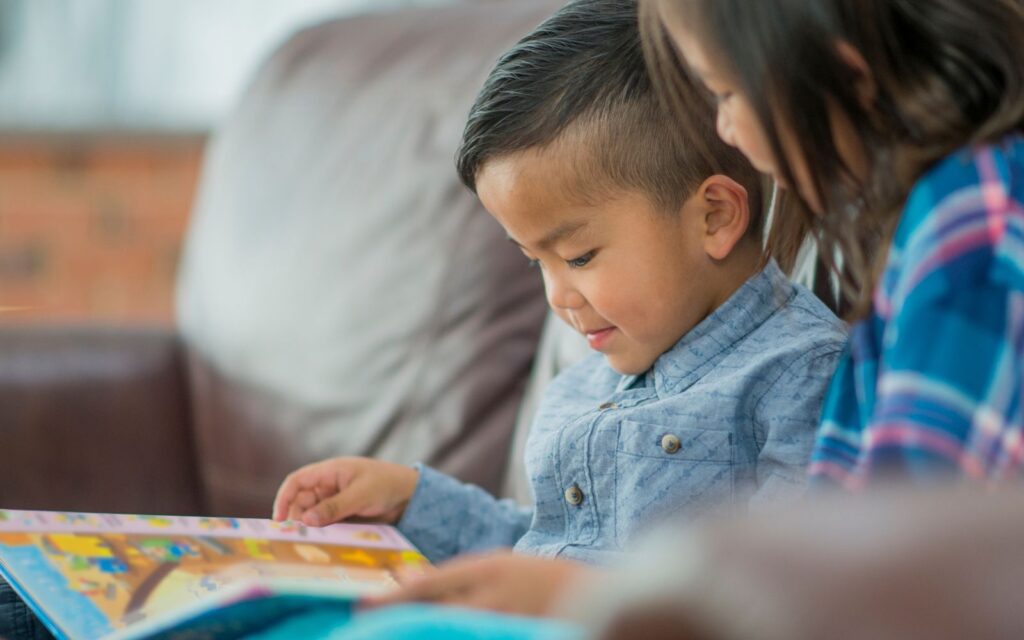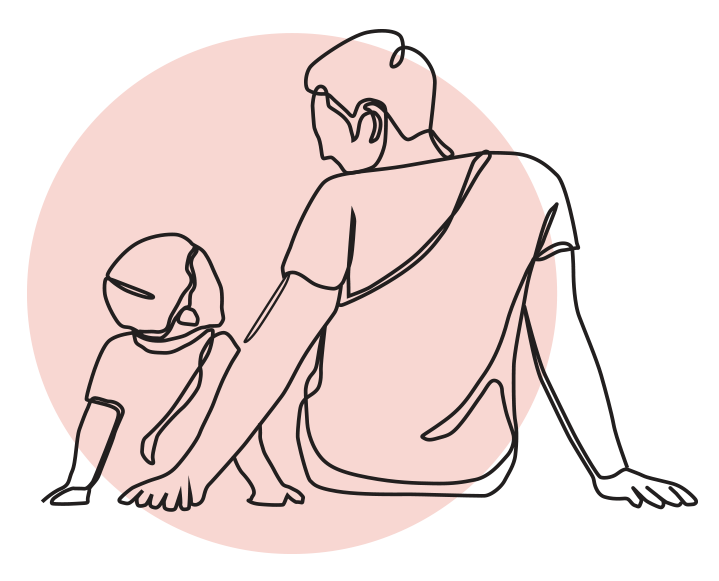Early Years Parent Counselling
Are you exhausted by broken sleep and early risers? Does your toddler struggle to play with other children? Maybe you wish your children would get along better with each other.
In the early years from babies, toddlers and pre-school, parents often struggle with emotional and behavioural issues that typify development at each stage. These include: establishing sleeping patterns, healthy eating, coping with tantrums, sibling rivalry, setting and holding boundaries and playing and sharing with friends. Parents may want to set up their parenting style and relationships for the future and can feel overwhelmed at the amount of parenting advice available.
Our therapists can offer practical, tailored advice and a contained space to reflect on the kind of parent you want to be.
The early years (from 0-5) are a very special time where children develop at their fastest rate. But it is also a uniquely challenging time when the demands of parenting are particularly physical and hands on. For this reason it is also perhaps the area of parenting that has the most dedicated literature and opinions of how to encourage children to sleep, eat, listen, calm down etc. This can add to the pressure and overwhelming feelings that parents already experience. Learn more, about our parent counselling sessions or Book Today.
Our Experts in Early Years Development
Karen Raingold
Child & Adolescent Art Psychotherapist
I am an experienced and intuitive Art Psychotherapist who has been working therapeutically with children and families for thirteen years.
Karen Lever
Child & Adolescent Psychotherapist
I manage therapeutic services in two London primary schools, as well as supporting trainee psychotherapists. I also work clinically with children.
Kati Mencer
Psychotherapeutic Child Counsellor
I have worked with children and parents for 20 years, starting as a school teacher, Montessori educator/trainer, and then as a child and parent counsellor.
Helen Curren-Anaman
Child & Adolescent Psychotherapist
I have over 20 years of experience practicing within private, public, and charity settings offering consultations for children, young people, and families.
Our early years service will ensure that parents feel heard and receive advice that fits with their unique parent-child relationship and life circumstances. Clinicians take a person centred and collaborative approach. This ensures that parents have an opportunity to offload and freely express their concerns and can think with a specialist about how to prioritise strategies that will bring about smoother routines and a calmer household. Parents will receive a mixture of effective tools and also the relational framework that is essential in understanding their efficacy and providing the confidence to deviate where necessary.
Take the first step and work out what support you and your family might need in the future. Sometimes one therapeutic conversation can be enough to renew your confidence and equip you with fresh ideas to move forward. Get in touch to learn more, or Book Today.
Early Years Parenting Blogs
- Why do we Read Books to Children?We are constantly told that reading to young children is a good thing, usually in terms of learning to read, expanding vocabulary and getting ahead educationally. But the truth is that books do so much more. During challenging times there can be nothing more comforting than a book that resonates, enlightens or just seems to understand…. Read more.
- Helping Children With Sibling RivalrySibling rivalry is a common and frustrating concern amongst families. It can put a huge strain on parents and cause much anxiety, especially if one child’s behaviour is overly aggressive or cruel towards another child or children. We’ve outlined strategies to help cope with sibling rivalry…. Read more.
- Play for Attachment & Emotional RegulationEngaging in child-led, one-to-one play on a regular basis is a key element of building attachment and supporting children’s development. This type of play is something that parents do naturally with pre verbal and very young children but do so less with older ages, however it continues to be hugely beneficial and a great tool for addressing a wide range of relational and behavioural concerns…. Read more.
Additional Parent Resources
There are many exceptional resources for parents available online but it can be hard to find them if you don’t know where to look. Our team has compiled a list of recommended organisations, website and helplines for a wide range of parenting concerns. As well as support for more serious mental health issues, you’ll find our latest creations and recommendations of parenting videos, podcasts and books to add to your reading list. Learn more…
Book Recommendations
“What Mothers Do” by Naomi Stadlen. An affirming collection of stories and accounts from new mothers that unpicks the complex and undervalued role of mothering.
“How to Talk So Little Kids Will Listen: A Survival Guide to Life with Children Ages 2-7” by Joanne Faber and Julie King. A highly practical guide to perfecting communication with young children in a way that meets their developmental needs.
“Good Inside: A Practical Guide to Becoming the Parent You Want to Be” by Dr Becky Kennedy. An easy to understand guide for tackling a wide range of issues including separation anxiety, sibling rivalry, tantrums and more.
“Parenting Siblings without Rivalry” by Sandra D. Coon. A comprehensive guide to how and why rivalry develops and strategies for supporting more harmonious sibling relationships.
“It’s OK not to Share and Other Renegade Rules for Raising Competent and Compassionate Kids” by Heather Shumaker. An engaging book that explores many of the outdated parenting approaches and strategies from past generations and offering more effective alternatives.
“How to be a Calm Parent” by Sarah Ockwell-Smith. A refreshing approach in that it focuses on parents and the factors behind their parenting choices and struggles, rather than offering solutions focused on child behaviours.
FAQs
What is Confident Parenting?
Confident Parenting enables you to feel back in control of your parenting choices. We give you options based on the reality of your family at this time, rather than advocating for one approach. All of our consultants are vetted and extremely experienced child/adolescent or family therapists so you know you are in safe hands. Our vision is of accessible, professional and empowering parent support. A space to reflect and to come away with new strategies during challenging times. We believe the right conversation at the right time can empower parents to move forwards themselves.
How much will the session cost?
Sessions cost £80 per single session (45mins) + follow up email summary.
Who are Confident Parenting sessions for?
Sessions are suited to parents and carers of all ages. In the early years especially, parents often struggle with emotional and behavioural issues that typify development at this stage including emotional regulation, sibling rivalry, eating, sleep, boundaries and peer relationships.
At primary and secondary age, parents may be seeking advice about many of the areas outlined above as well as issues often seen at this stage, including work stress and anxiety, growth mindset, confidence and body issues, gender, sexuality and identity.
Where do the sessions take place?
The Confident Parenting sessions take place online via Zoom. You will receive a link prior to the selected date and time.
Who should attend sessions?
Sessions are for parents and primary carers. Where there are two parent families we recommend that both parents attend sessions if possible. This is so that the presenting issue can be discussed from the perspectives of all carers involved. A whole-family approach can be explored and developed.
How many sessions can I have?
We recommend two sessions – a single session consultation with a follow up session. You can always book in another session when you choose. The single session/follow up model ensures you make the most of the one session but return to discuss your issue and develop your thinking after you have put new ideas into practice.
What’s involved in the pre-session questionnaire?
- What is your main concern (NB how old is your child and how long have you been concerned)?
- What have you already tried that has/hasn’t helped?
- What would you like to get out of the session?
Where do I find the pre-session questionnaire?
This questionnaire will be generated online when booking.
What should I do in advance?
Please complete the questions on the pre-session questionnaire generated online when you book.
We also recommend that you consider these additional questions in preparation for your session.
- How is the problem affecting A. your child B. you C. other people in you/your child’s life?
- What do you think we need to know about the situation in order to be able to help?
- For the therapist to be most helpful, is there anything you feel is important to know about your culture, ethnicity, religion, language, sexual orientation, gender identity/expression, mental or physical health or any other factor?
Can I record my session?
No – we do not record sessions. Your session is a space for introspection and reflection as well as a place to learn strategies and techniques to take away. It is likely that recording a session would inhibit free expression during the session and risk client confidentiality after the session.
Instead we provide a follow up email with a summary of the session and strategies to try at home, so you don’t have to take notes during the session.

